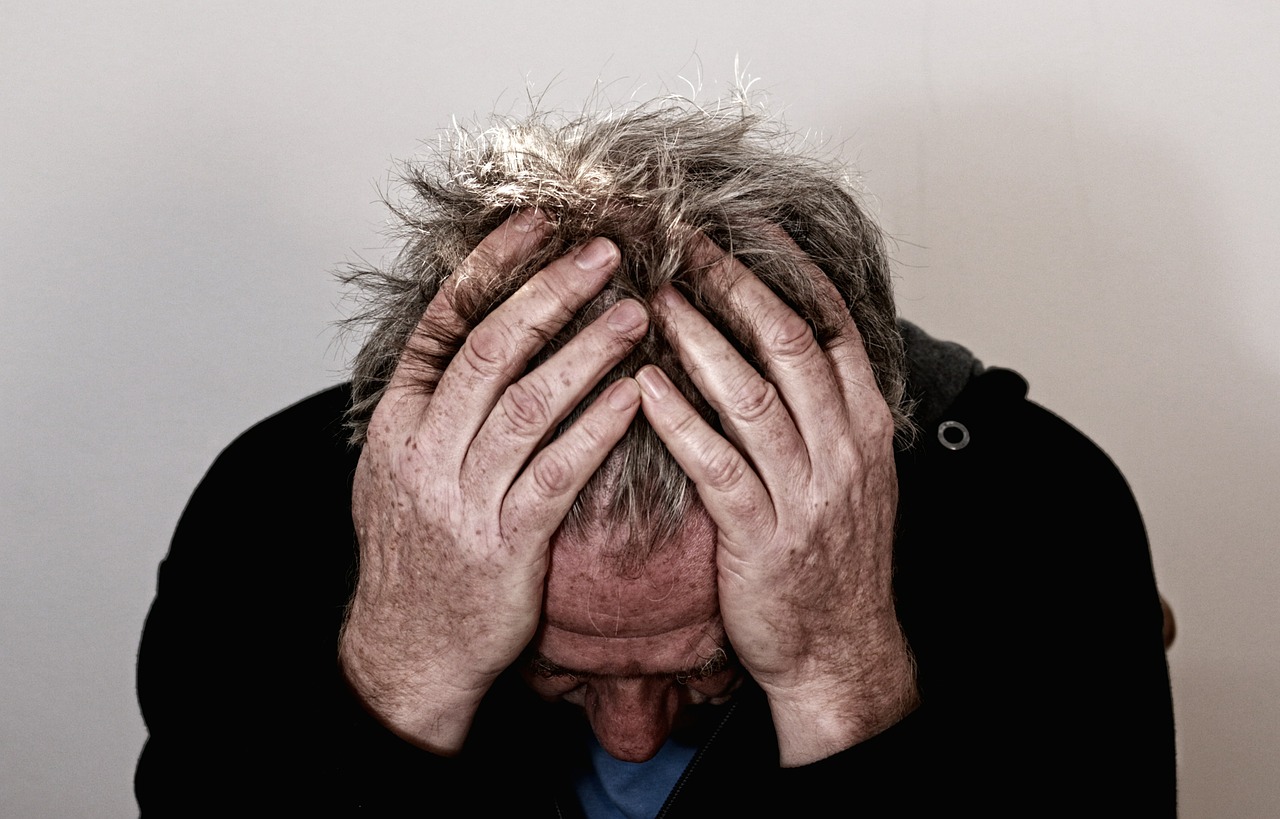The Experience of Concussion
Whether you, or a loved one has been impacted by a concussion, the first question that comes to mind is: will I ever be the same?
As a concussion care practitioner, who is up-to-date with the latest health evidence in concussion management, I’d like to dive into the experience of concussion, so you’re able to understand it better. And perhaps feel less alone within the experience, no matter your situation.
This starts with understanding what concussion actually is.
In New Zealand alone, it is estimated that over 35, 000 concussions occur every year. Around 25% of those are sports related concussions (SRCs)—the rest are from injuries sustained from road traffic injuries, falls or other injuries.
The crucial consideration you deserve to know.
At this point, unfortunately not all primary health providers (and this includes GP’s) are up to date with today’s best practice for the management of concussion injuries. This includes understanding what a concussion is.
So what is concussion? And how does it impact the brain?
It was once thought of as a structural brain injury, where the skull moves rapidly. This causes the brain to be shunted onto the inside of the front of the skull—and then off the inside of the back of the skull (known as Coup Contrecoup ). This was the model of mild traumatic Brain injuries that I was taught over 25 years ago—considered to be a structural brain injury, in which bruising occurs to the surface of the brain following this contusion (bruising) to the brain. However, we now know a lot more. And things have changed.
Today’s best understanding of concussion.
Now, concussions are considered as more of a functional brain injury—which occur following a rapid acceleration and then deceleration of the brain. Or described as “a traumatic brain injury induced by biomechanical forces", (Berlin, 2017, Concussion in Sport Group). This causes a stretching and shearing of the brain’s neurone cells.
What is happening to the brain?
- The Excitatory Phase. The stretching and shearing of the brain cells occurs in the deeper layers of the brain, known as the white matter. This causes cell membranes to break—triggering what’s known as a neuro-metabolic cascade. Often explaining, “I see stars” symptoms.
- ‘Spreading Depression’ phase, where the brain is in an energy crisis. This movement of calcium into the cell is significant, as the calcium seems attracted to and binds with the body’s energy producing (ATP) cells. This often explains why after a concussion, there is such a significant drop in energy levels in the brain.
According to studies, it can take between 3-6 weeks to return to pre-injury levels.
It’s not surprising then, that one of the most commonly reported symptoms following a concussion is fatigue.
80% of people who have suffered a concussion will recover in 4-6 weeks.
For the remaining 20%, it can be a lonely, frustrating and serious challenge for all those affected by concussion.
You are not alone.
Timely intervention, offering the right advice and care is so important—often offering solutions/education before they become really big problems. Anxiety often accompanies a concussion, for a variety of reasons. We can help you unpack this, by working with us.
Fear is natural. Understandably, there is often genuine fear that there is irreparable brain damage leading to the question: “will I ever be the same again?”
Isolation is real. For many people, concussion symptoms are considered unusual, or ‘outside the normal’—the kind that other people won’t be struggling with. This can lead to a feeling of isolation. Concussion is after all a ‘silent’ condition, there isn’t a cast to indicate an injury.
No concussion plan?
Not knowing which steps to take in order to progress is hugely frustrating. Current care does not allow for the fact that we are all unique individuals who respond differently to both trauma and recovery.
With us, you can get the right plan in place.
This includes diagnosing what is driving your prolonged concussion symptoms; exercise tolerance, diet, lifestyle, and hands on treatment of spinal issues is essential. As well as knowing whom to refer to if we need extra care and putting a complete care package in place.
Our Concussion App
This helps you follow this care plan, allowing you in between appointments to feed back to us in real time how you are going and includes lots of great resources to help you get back on track!
What can be gained from HeadWise Concussion Care?
The recovery from a concussion may not always be straightforward, and may take longer than we’d like. But change and recovery is possible.
Rarely is there a ‘silver bullet’ fix. But with the right care, strategies, and concussion treatment—you can start taking those steps towards living a full life. We’ve helped countless people do just this!
No matter where you are on your journey, weeks or years, do get in touch to see how we may be able to help you.
Not sure if we can help with your particular problem? Take advantage of our free 15 minute discovery call to find out—and we’ll share how we can help. Click here to talk to our experts today.

